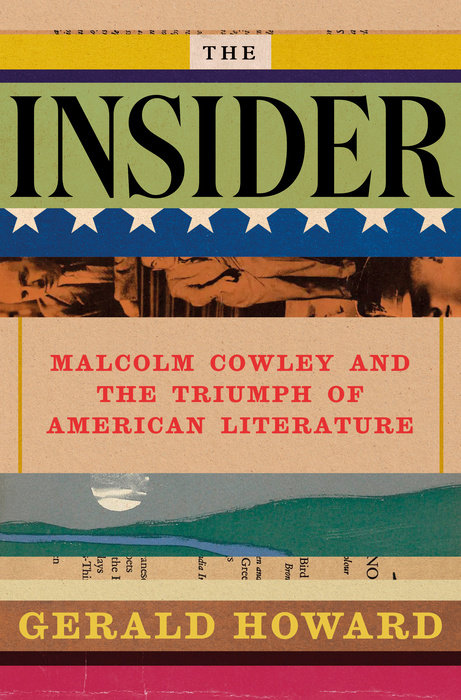Determining what the nation did and did not read was the through line of Cowley’s career. He was a great discoverer and nurturer of talent: Jack Kerouac, John Cheever, and Ken Kesey were among the writers he championed, and, of the critics he commissioned to produce reviews at The New Republic, many—including Mary McCarthy, Alfred Kazin, Lionel Trilling, and Muriel Rukeyser—would go on to have storied careers. By midlife, Cowley was esteemed as an editor and essayist, a nimble translator of contemporary French literature, and a creative-writing instructor at Stanford. He was also a canny industry operator—a man who knew how to play the different parts of the publishing machine against one another in the interests of work he wanted to promote. His most cited act of heroism may have been his effort to revitalize the career of William Faulkner, who had slipped into obscurity after the Second World War, by publishing an influential edition of his work while at Viking Press, but he also kept fires lit for Walt Whitman, Nathanael West, Sherwood Anderson, and his close friend Hart Crane. (Broom, a short-lived magazine that Cowley helped edit, published Crane alongside the likes of Jean Toomer, William Carlos Williams, and Wallace Stevens.)
In a 1963 issue of Esquire, a tart article called “The Structure of the Literary Establishment” found Cowley to be near “The Hot Center” of power. Gerald Howard’s new biography, “The Insider: Malcolm Cowley and the Triumph of American Literature” (Penguin Press), zooms in on Cowley’s place at that center, tracing his involvement with “just about everything and everybody of literary consequence” during what we now call the American century. Howard does more than highlight the ways in which—through the recommendation of residency recipients, the publication of essays and books, the mentoring of students, or the revival of out-of-print works—Cowley shaped individual literary careers. Rather, as Howard, a former book editor himself, sees it, Cowley’s agitation for the cause of his country’s literature also helped to vault what was once seen as a minor, regional tradition into a world-historical one. Cowley’s life story demonstrates not just how reputations are built (and destroyed) but also how “one determined actor” managed to bend an entire canon “to his tastes and convictions.”
When Cowley was born, at the end of the nineteenth century, American literature was widely considered a sideshow act. Mark Twain may have been one of the century’s most famous men, but the prevailing sentiment was nevertheless to deem his country’s literature “provincial, backward, lacking in artistic polish or value,” Howard writes. Anxiety surrounding the nation’s cultural marginality was widespread. Surveying the last century or two of American literary output, one saw a fragmented corpus that reflected a nation more easily understood region by region than as a whole.
